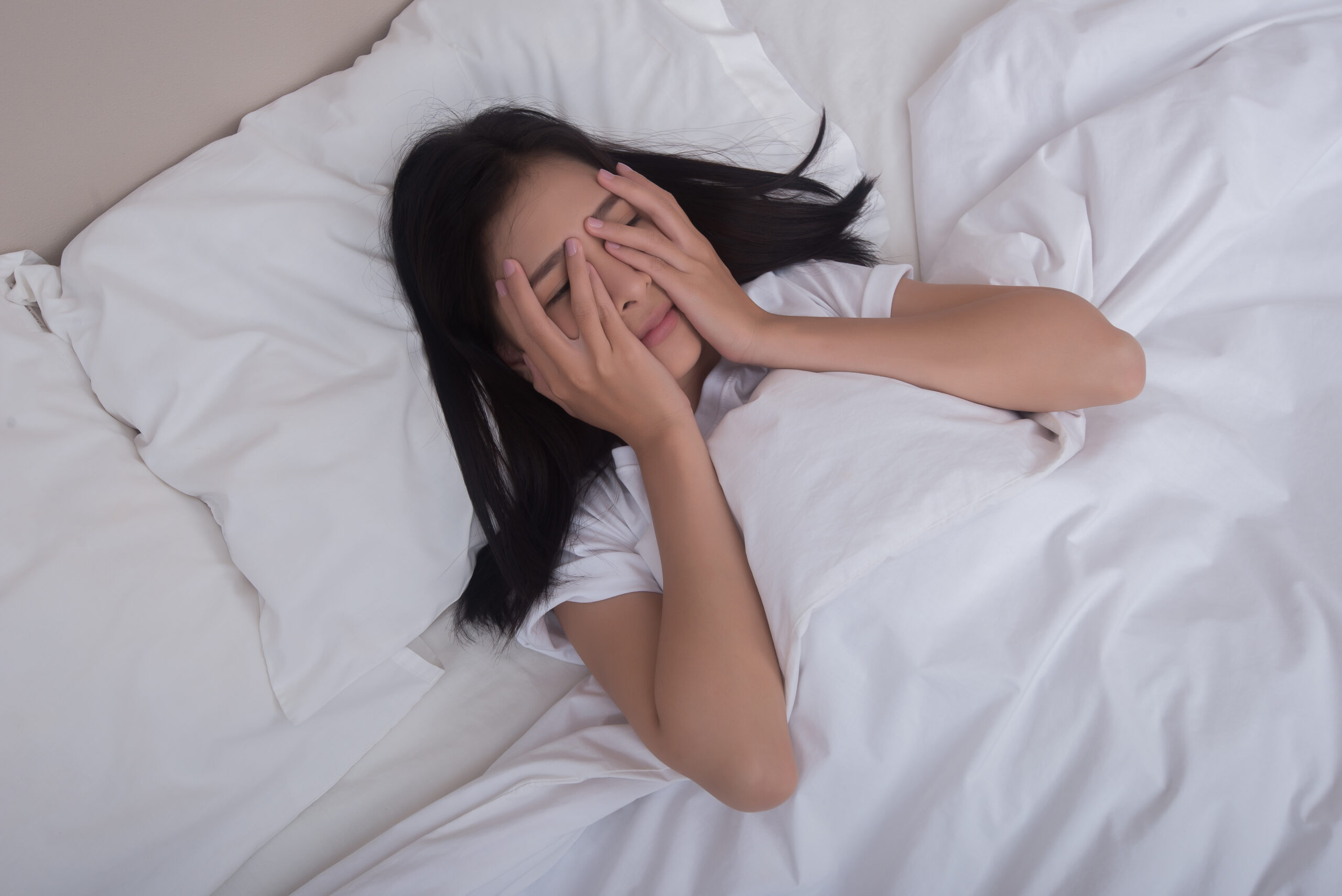At Askdoctor.ai, we understand how frustrating it is to toss and turn every night while your mind just won’t slow down. Whether it’s stress, screen time, or just not being able to “shut off,” we’ve been there—and we’re here to help. That’s why we’re sharing a simple, science-backed bedtime routine you can start tonight to finally get the restful sleep your body and mind need.
6 tips for better sleep | Sleeping with Science, a TED series
Lying awake at night, staring at the ceiling, mind racing? You’re definitely not alone.
According to the CDC, 1 in 3 adults doesn’t get enough sleep. And that can lead to all sorts of problems—feeling tired all day, being moody or unfocused, and even serious health issues like heart problems and depression.
But here’s the good news: a better night’s sleep may be just a routine away.
Why Sleep Matters More Than You Think
Sleep isn’t just “rest.” Your body does a lot of important work while you sleep—like healing, storing memories, balancing hormones, and keeping your heart healthy. Without enough good sleep, you might:
- Feel tired or groggy during the day
- Struggle with memory and focus
- Be more irritable or anxious
- Get sick more often
The NIH even says poor sleep is linked to higher risks of diabetes, heart disease, and stroke.
The Science-Backed Routine That Actually Works
Sleep doctors and researchers agree that building a relaxing bedtime routine is one of the best ways to improve sleep naturally. Here’s an easy routine anyone can try—starting tonight.
1. Go to Bed at the Same Time Every Night
Your body has an internal clock (called a circadian rhythm) that likes routine. Try going to bed and waking up at the same time every day—even on weekends. This helps your body know when it’s time to wind down and when to wake up.
2. Dim the Lights and Turn Off Screens an Hour Before Bed
TVs, phones, and tablets give off blue light that confuses your brain and makes it think it’s still daytime. Instead, switch to quiet, calming activities:
- Read a book
- Take a warm shower
- Do some gentle stretches
- Listen to calming music or nature sounds
3. Make Your Bedroom a Sleep-Friendly Zone
A good sleep environment really helps. Try this:
- Keep the room cool—about 65°F (18°C)
- Use blackout curtains or a sleep mask
- Turn off loud fans or other noises (or use white noise)
- Keep your phone out of the bed or across the room
The goal is to make your bedroom a quiet, dark, and peaceful space your brain associates with rest.
4. Avoid Caffeine, Alcohol, and Big Meals Late in the Day
- Caffeine can stay in your body for 6–8 hours. Try to avoid coffee, tea, or energy drinks after 2 p.m.
- Alcohol might make you sleepy at first but disrupts deep sleep.
- Big meals can cause heartburn or digestion issues, which makes it harder to fall asleep.
Instead, try a light snack like a banana or warm milk if you’re hungry at night.
5. Try a Warm Shower or Bath
A warm shower 1–2 hours before bed helps your body cool down afterward, which signals it’s time to sleep. A study found that people fell asleep faster after taking a warm bath before bed.
Lori’s Struggle With Sleep — And How She Turned It Around
Sometimes, the best inspiration comes from someone who’s been there. Meet Lori — a caregiver who, like many of us, was running on empty. Between helping others and managing her own stress, Lori found herself battling poor sleep night after night.
In this short, heartwarming video from the Archangels Caregiver Series, Lori opens up about her sleep struggles and how she finally found relief by creating a bedtime routine that worked for her.
Watch Lori’s Story Here: Better Quality Sleep for Our Caregivers | Lori’s Story – YouTube
More Easy Tips to Beat Sleepless Nights
Here are a few more things that make a difference over time:
- Get sunlight during the day – Just 30 minutes of morning light helps set your sleep clock.
- Move your body – Even light exercise helps with sleep. Just don’t work out too close to bedtime.
- Keep naps short – If you nap, keep it under 30 minutes and avoid late-afternoon naps.
- Write it out – If stress keeps you up, try journaling before bed. It helps clear your mind.
Try It Tonight and See the Difference
If sleep has been a struggle for you, you’re not stuck. A calm and consistent routine can make falling asleep easier and help you wake up feeling more rested.
Give this science-backed routine a try for a week and see how you feel. And if you’ve found something that helped you sleep better, share your story in the comments—you might help someone else finally get the rest they need.
References:
Centers for Disease Control and Prevention (CDC)
National Institutes of Health (NIH)
Mayo Clinic
PubMed (U.S. National Library of Medicine)
Sleep Foundation
FAQs: Quick Answers About Better Sleep
- How many hours of sleep do adults need?
Most adults need 7–9 hours of sleep each night to feel and function their best. - What’s the best time to go to bed?
Pick a time that lets you get 7–9 hours of sleep and stick to it every night, even on weekends. - Is it bad to use my phone in bed?
Yes. The blue light from screens can confuse your brain and make it harder to fall asleep. - Can a warm shower help me sleep?
Absolutely. A warm shower or bath 1–2 hours before bed can help your body relax and fall asleep faster. - When should I see a doctor about sleep problems?
If you’ve had trouble sleeping for more than 2–3 weeks, or feel very tired during the day, it’s time to talk to a doctor.









Leave a Reply